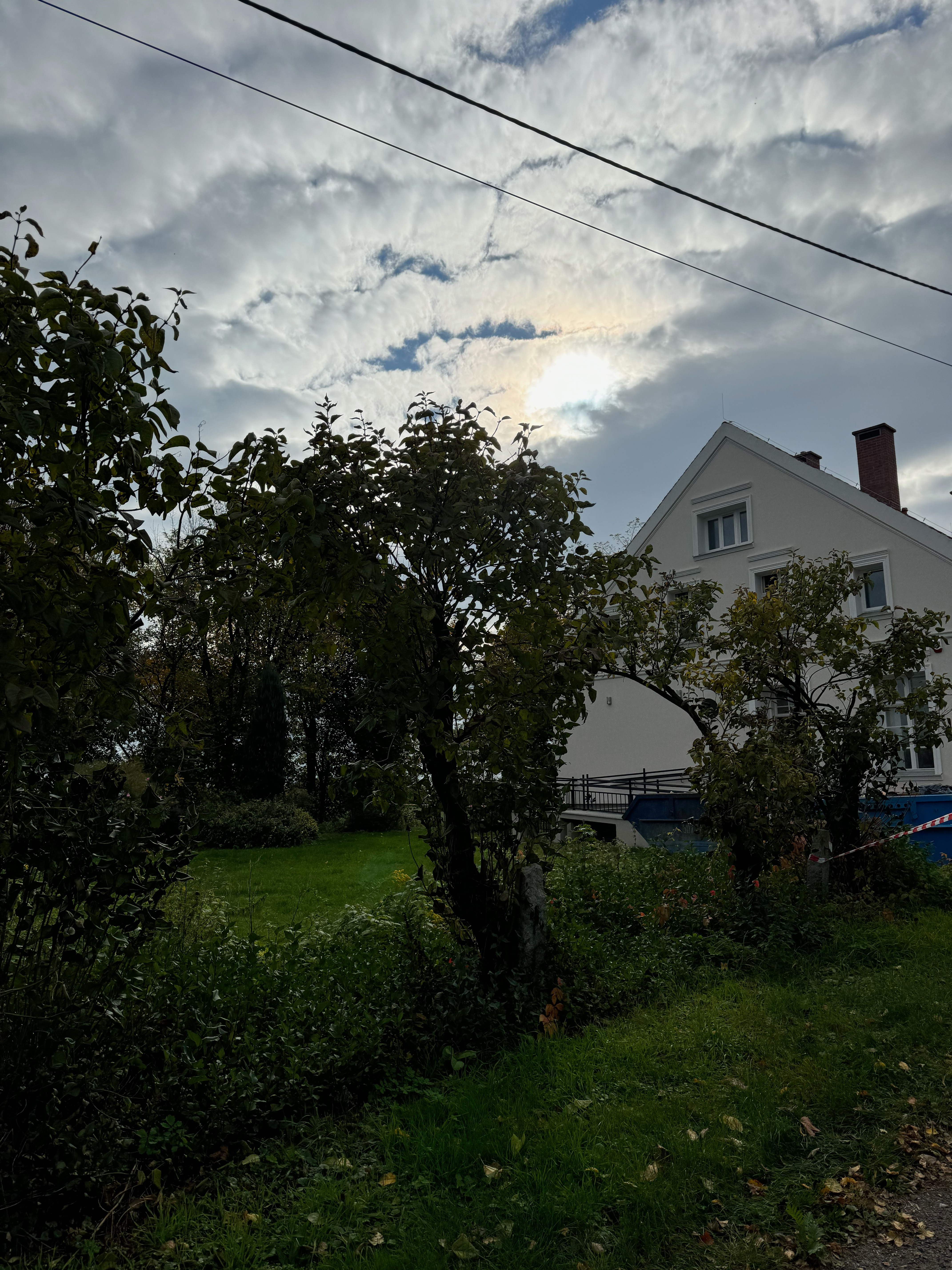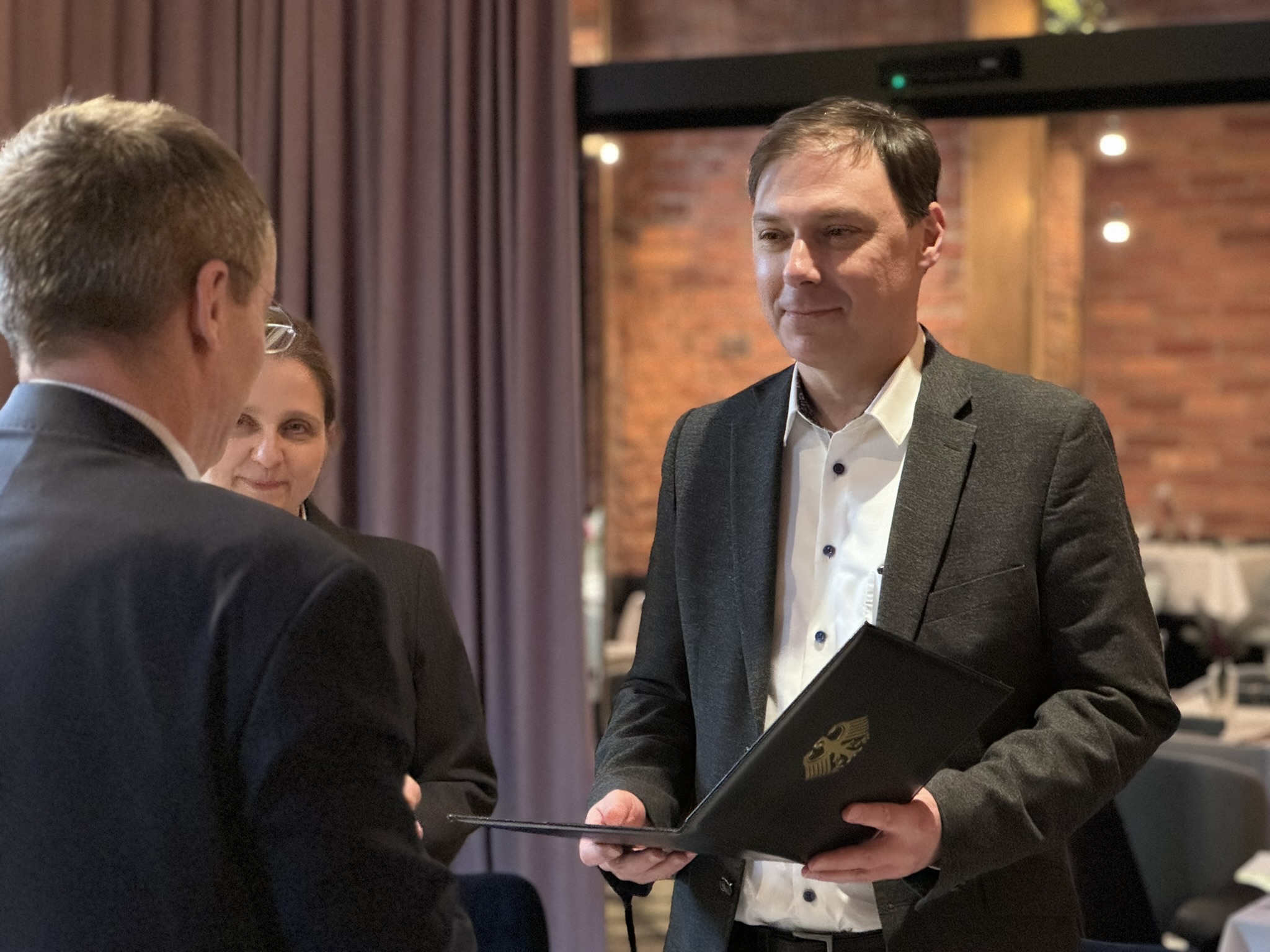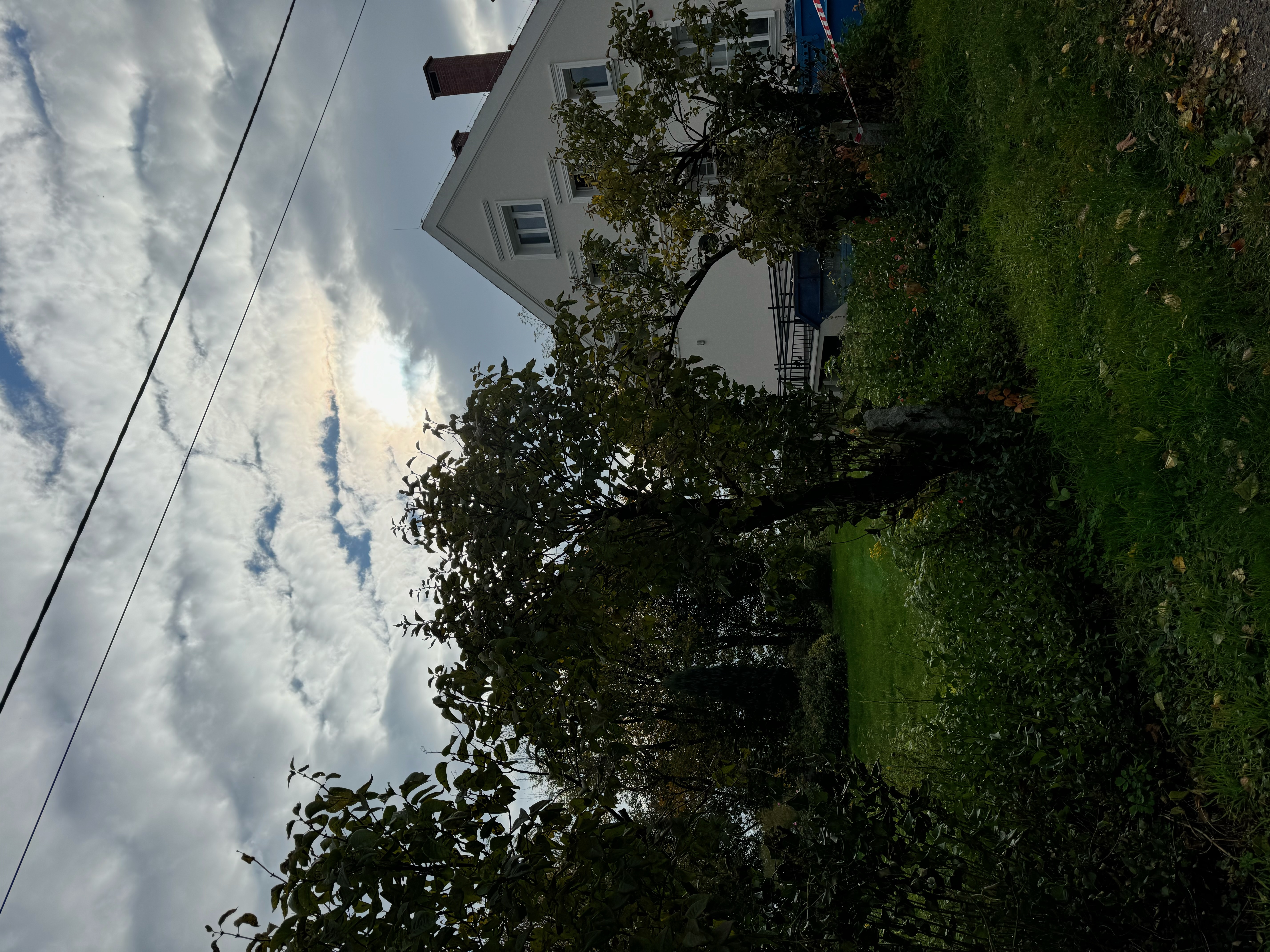With deep regret, we have received the news of the death of Professor Kazimierz Czapliński. Professor Czapliński, born on April 16, 1926, in Puławy, was an outstanding civil engineer, full professor at the Wrocław University of Technology, long-time president of the Catholic Intelligence Club in Wrocław (1966-1984), an active member of both the Archbishop’s Social Council and the Archbishop’s Charitable Committee, and, not least, one of the founding fathers of the Kreisau Foundation for European Understanding and a member of the Honorary Council of our foundation.
The 1965 letter from the Polish bishops with the famous words "We forgive and ask for forgiveness" was a turning point in the activities of the Catholic lay movement in Wrocław and paved the way for cooperation with Germany. Kazimierz Czapliński was part of this movement and, together with his wife Wanda, actively participated from the outset in these contacts, such as in visits by delegations from the Bensberger Circle from West Germany or in the "Polish Seminars" in Magdeburg, later known as the Anna Morawska Seminars. This activity for Polish-German reconciliation led to the Catholic Intelligence Club in Wrocław playing a leading role in the founding of the Polish Kreisau Foundation for European Understanding in 1989. Kazimierz Czapliński made a significant contribution to the establishment of the International Meeting Center in Kreisau/Krzyżowa, on the grounds of the former estate of the von Moltke family, which in 1989 was a place with a dilapidated manor house and similarly neglected outbuildings under the control of a state-owned estate. The Czapliński home in Wrocław became, during this time, a welcoming place for many guests connected to the international Kreisau initiative, including Freya von Moltke.
With pride and joy, we announce that on December 17, 2024, Consul General Martin Kremer presented, on behalf of Dietmar Nietan, the German Government Coordinator for Polish-German Cross-Border and Inter-Societal Cooperation, a certificate of recognition to Dr. habil. Robert Żurek for his outstanding contributions to building Polish-German relations.
We extend our heartfelt congratulations to our director and colleague, who inspires us every day with his dedication and passion for fostering dialogue and mutual understanding.
Read more: Dr. habil. Robert Żurek Honored for Contributions to Polish-German Relations

Since 2023, the historic House on the Hill has been undergoing renovation.
Thanks to the support of our partners—particularly the Freya von Moltke Foundation, the Willy Robert Pitzer Foundation, and the Dr. Rolf M. Schwiete Foundation—the first phase of renovation has been successfully completed. This included drying and insulating the basement, insulating and restoring the facade, replacing the roof, and renovating the wooden veranda.
Currently, the second phase is underway, focusing on the renewal of all installations (water, sewage, heating) and the adaptation of the room layout on the first and second floors to the new utilization concept. In spring, plastering will take place, wooden floors and stairs will be restored, and the building will be prepared for the third phase: furnishing and finalization.
In 2024, an essential element of this comprehensive renovation—the replacement of electrical installations—was financed and completed with funds from the National Freedom Institute (Narodowy Instytut Wolności). This included electrical works, new wiring with sockets, an alarm system, surveillance, telecommunication networks, and antenna installations.
NIW funding amount: 250,000 PLN

The creation of this website was supported by:

Krzyżowa Foundation for Mutual Understanding in Europe
Krzyżowa 7, 58-112 Grodziszcze, Poland
phone: +48 74 85 00 300
fax: +48 74 85 00 305
e-mail: sekretariat@krzyzowa.pl
Site map
- About the Foundation
- Activity
- Projects
- Krzyżowa/Kreisau
- Support Us
- Media
- Contact
We use cookies on our website. Some of them are essential for the operation of the site, while others help us to improve this site and the user experience (tracking cookies). You can decide for yourself whether you want to allow cookies or not. Please note that if you reject them, you may not be able to use all the functionalities of the site.


.jpg)


